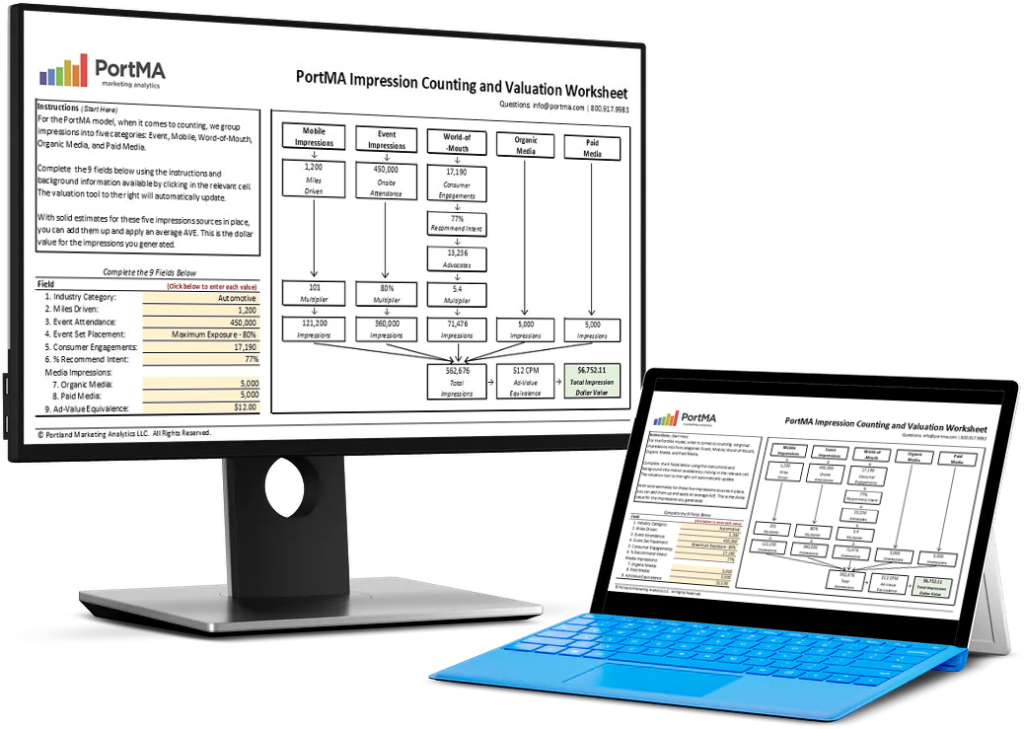
Influencer marketing has created some of the biggest buzzes in digital marketing in recent years. You’d be hard-pressed to find an agency that is not offering influencer marketing as part of its services.
Despite its popularity with marketers and clients alike, this type of marketing has not yet matured. Instead, it remains one of the most dynamic areas of digital marketing and is about to undergo yet another massive change.
In this two-part blog, we’re looking at the present and the future of influencer marketing and the role data has to play in its development. Much of these thoughts are based on a conversation with influencer marketing guru Isaac Simpson.
Estimated reading time: 3 minutes
An Underdeveloped Field
Ask around in the marketing community, and it’s hard to point toward the exact beginning of when influencer marketing became popular. Industry insiders believe that the discipline is less than a decade old, compared to traditional marketing which has been around since the 1950s.
Because influencer-based marketing has developed so recently, there is a huge amount of variety between the main players in the field. Compared to traditional creative and marketing agencies, which are generally set up in similar ways, influencer marketing agencies have not found that mold yet.
Experts believe that this diversity and the changing faces of influencer agencies are closely related to the nature of the platforms where influencer marketing takes place. Put simply, there is no set structure for an influencer agency because the formula of how to be successful changes regularly. The same is true for experiential marketing but perhaps not to the same degree.
(You can listen to the full episode of the podcast below.)
Data At The Core of Success
Influencer marketing is essentially a form of digital marketing. As such, marketers have relied heavily on data to prove their successful service delivery. Cookies and other tracking mechanisms allowed digital marketers and influencers to show clients clearly what worked and what needed improvement.
For the past decade or so, digital marketers’ reliance on tracking data has grown. At the same time, there has been a growing backlash from consumers and an equally increased awareness of the need for privacy.
As a result, some of the biggest influencer marketing platforms, including Facebook, will stop using cookies.
A Changing Landscape
Tracking and the use of cookies have been essential to the development of digital and influencer marketing so far. It is thanks to tracking that, without delay, we see adverts for the very subject we just researched a few minutes earlier.
With platforms like Facebook and tech giants like Google deciding to stop using cookies, the landscape is bound to change. We’ll likely see third-party media agencies disappear or change their business model dramatically.
Will influencer marketing continue to grow? We believe it will. As a relatively new discipline in digital marketing, influencer marketing has changed gears whenever its host platforms forced it to. This ability to adapt will help shape its future. More about what that future could look like in Part Two of this blog.
Isaac Simpson is a freelance copywriter and creative director at Gold Front. He has appeared as a marketing expert in The Boston Globe, Morning Consult, and DigiDay. To learn more about Isaac, visit his LinkedIn page.

Download the Free Spreadsheet Tool
CALCULATE THE DOLLAR VALUE OF EVENT IMPRESSIONS
PortMA Impression Counting and Valuation Worksheet
Download this spreadsheet and complete the fields for your campaign to get a clear count of your activation impressions translated into a Dollar Value of Marketing
Impression Spreadsheet
